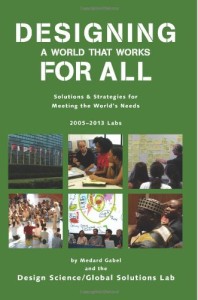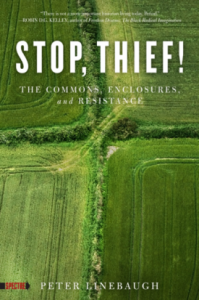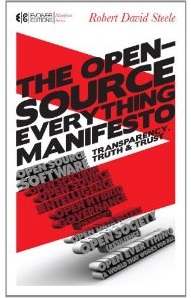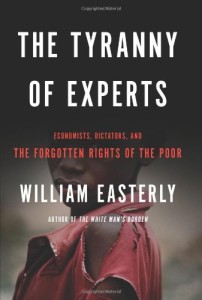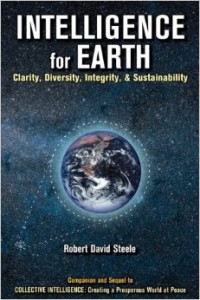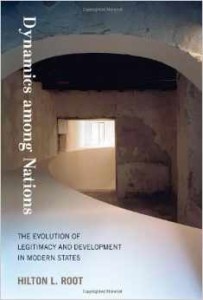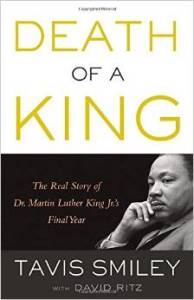
Tavis Smiley
5.0 out of 5 stars OK to Challenge Racism and Poverty — NOT OK to challenge militarism and the national security state, September 12, 2014
The publisher has done a rotten job of summarizing this book. Here, paraphrasing the author as he just spoke on the John Stewart show, is the bottom line:
The minute that Dr. King turned against militarism and denounced the USA as the greatest purveyor of violence upon the world, he was first marginalized and then assassinated. “The System” was fine with Dr. King focusing on racism, and even poverty, but it would not tolerate for one moment his questioning the military-industrial complex and the national security state.
The author — whom I found to be very inspiring, coherent, and concise — a brilliant articulator of the key points in the book — goes on to have a conversation with Jon Stewart about how the USA simply cannot handle truth-tellers in relation to “big money” matters such as elective wars (racism and poverty being “little money” matters, and deliberately so).
Dr. King was ultimately assassinated by a US Army sniper on detail to the FBI and under the personal direction of J. Edgar Hoover. The story is told in An Act of State: The Execution of Martin Luther King and has also been documented and validated in a judgment by a federal court awarding the King family the single dollar in damages they requested.

